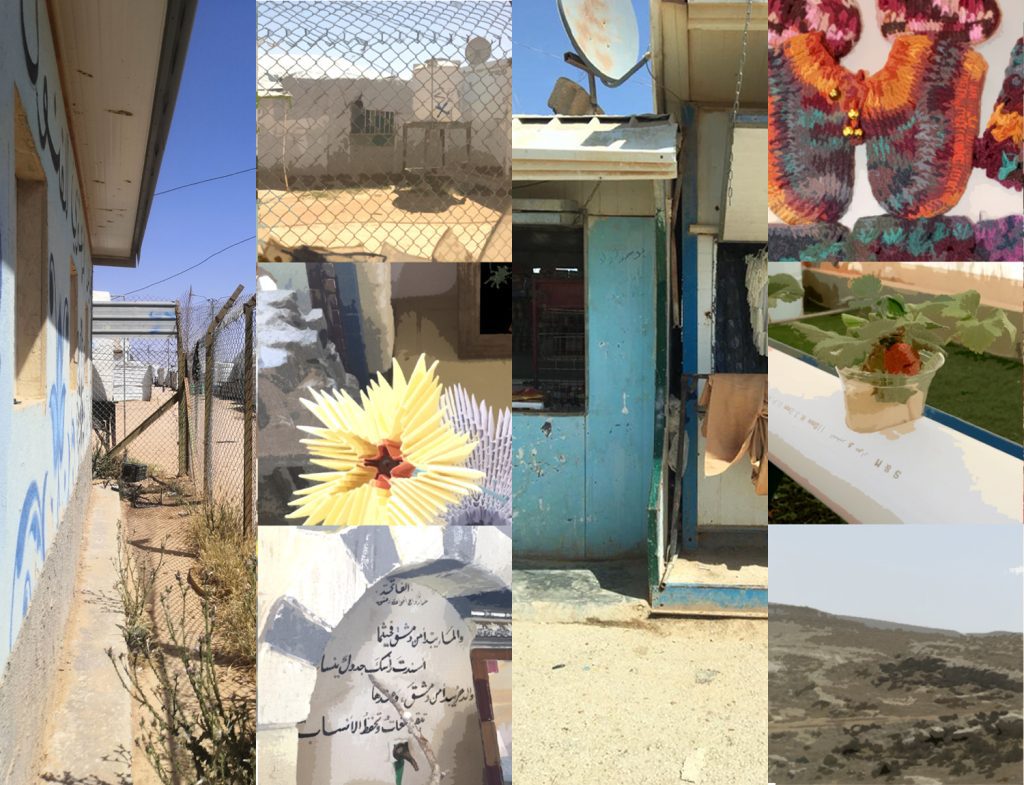HERITAGE-LED RESILIENCE TO CONFLICT, SCARCITY AND CLIMATE CHANGE WITH SYRIAN REFUGEES IN JORDAN
About the project
Cultural heritage can enhance resilience and integration amongst displaced communities forced to flee from their own countries due to climate change, scarcity and conflict. These factors can, in combination, result in devastating consequences for communities and populations, including displacement, death and loss of cultural connection and identity, as well as cause tensions between hosted and hosting communities.
This project investigates how Syrian refugees’ heritage was impacted by climate change, conflict and lack of resources, as well as how their heritage has helped them to become more resilient and re-settle in the new cultural and social context. The heritage-led practices as performed by refugees in response to climate/environmental change, conflict and forced migration are explored and documented.
By investigating the connections between climate change, conflict, heritage and forced migration, this project aims to provide actionable knowledge that will help support the design of successful interventions to support the lives of Syrian refugees.
Project team
Co-investigators
Dr Fabrizio Galeazzi, StoryLab Research Institute, Anglia Ruskin University (UK)
Dr Aya Musmar, Department of Architecture, University of Petra, Amman (Jordan)
Dr Davide Natalini, Global Sustainability Institute, Anglia Ruskin University (UK)
Researchers
Nujud Ashour, Department of Architecture, University of Petra (Jordan)
Anwar Khwiyla, Department of Architecture, University of Petra (Jordan)
Waed Jibreel, Department of Architecture, University of Petra (Jordan)
Rebecca Lee, StoryLab Research institute, Anglia Ruskin University (UK)
Project Steering Committee
Dr Jeannette Baxter, School of Humanities and Social Sciences, Anglia Ruskin University (UK)
Dr Claudia Schneider, School of Humanities and Social Sciences, Anglia Ruskin University (UK)
Dr Imelda Phadtare, Save the Children Australia
